A recent WSJ article spoke about how genetic genealogy is removing a lot of anonymity. It notes the need for regulation in this field. I agree and want to provide some reasoning for this. Before going over the article, I want to give some personal background. After, I want to offer some reflections to go deeper on why we need regulations.
Personal Background
As you may know, I recently handed in a doctoral thesis titled A Catholic Theological Analysis of the Right to Informational Privacy. It started with a question more specifically about genetic genealogy. But as I researched, I focused more on the fundamental principles before getting into applications like that. I saw a few articles talking about this back in 2017. I wrote a short article on the topic then. But even as I was writing, I saw the need for more Catholic reflection on the topic. This article does not look so different from others I’ve written, but it’s the only one that was the start of a doctoral thesis. I think it will keep that title for eternity. Below will just have general principles below, but I could go way deeper. I could cite a lot of sources too.
The Wall Street Journal Article
Some lines from the Wall Street Journal article:

“I think most Americans don’t realize this,” said Libby Copeland, author of “The Lost Family: How DNA Testing Is Upending Who We Are.” “It’s a profound shift.”
It is easy to find distant relatives, because a typical individual has so many: according to various methods , around 200 third cousins, upward of 1,000 fourth cousins and anywhere from 5,000 to 15,000 fifth cousins. This isn’t just relevant for crime scenes. There is no such thing anymore as truly anonymous sperm or egg donors, unknown fathers, or closed adoptions… No court ruling or confidentiality agreement can erase this science.
An adopted child who doesn’t know his biological parent still shares 3,400 cMs with that person, and hundreds of centiMorgans with numerous cousins from that parent’s family. The child… could upload their DNA to a database and by looking for matches with others who have uploaded theirs, discover some of those distant cousins. That would be enough to reconstruct his family tree and identify the parent, even though the parent never uploaded their DNA—the exact same process used to identify DNA in cold cases.
Katie Hasson, associate director of the Center for Genetics and Society, which advocates for protections against genetic information being abused, says that only collective action—not individual precaution—can address the privacy concerns this creates.
“Right now, forensic genealogy is very labor intensive and new, and being used for very serious crimes and cold cases,” said Ms. Hasson. “The likelihood it will be confined to that, without actual enforceable restrictions and regulations, is slim.”
Read the rest over there (warning paywalled).
Catholic Analysis of Genetic Genealogy
I intentionally ended my quotation of that piece on genetic genealogy with one of the experts. She states, “The likelihood it will be confined to that, without actual enforceable restrictions and regulations, is slim.” I think that is the challenge. We need some kind of restrictions on how people used genetic genealogy or we risk profound negative impacts on society.
We need solitude and intimacy for human flourishing. Human flourishing is what we seek here before the Second Coming. Privacy protects such solitude and intimacy. In a packed modern world, one of the ways we have such solitude or intimacy is by anonymity. I can have solitude driving my car alone as none of the other drivers nearby know who I am. A couple can intimately chat on a part bench as although others are passing, nobody knows who they are.
Similar to anonymity in public, it would seem anonymity in systems or of biological material would also be important. Genetics makes this aspect even more important as our genes are quite interior to us and causal for a lot of other stuff in our life. As man is a composite body and soul that are both good, our DNA is important for privacy.
Also, Catholic thought puts the family not the individual as the basic unit of society. Genetics also relates to the family in a similar way: our familial duties diminish at a rate similar to how our genetic similarity does.
Conclusion
This is where the need for these regulations comes in. I don’t have exact practical ideas to prevent such genetic genealogy from affecting those who don’t consent, but I think morally we should protect them. I personally have avoided anything like 23andMe or AncestryDNA, but I know I have some relatives who are into family trees so there is a reasonable chance one searching these could find me, unfortunately. Let’s look at regulating genetic genealogy.


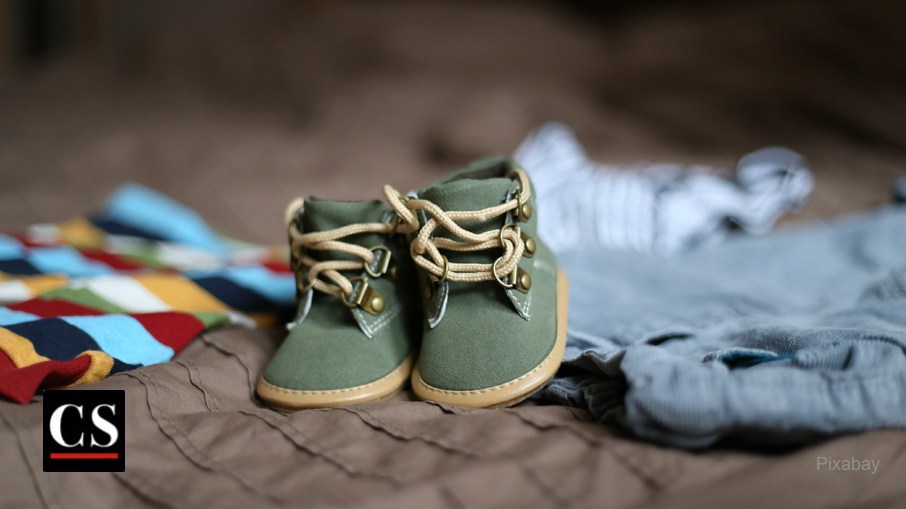
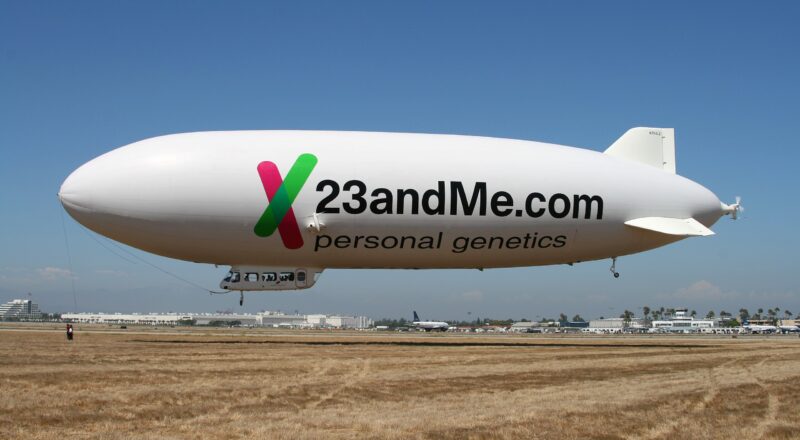
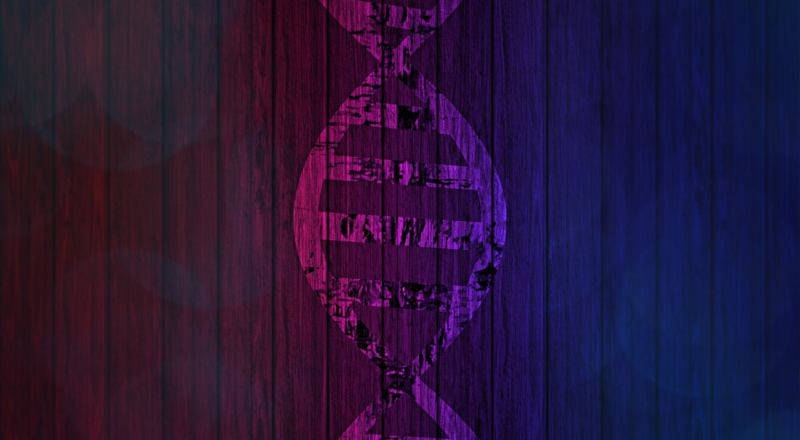
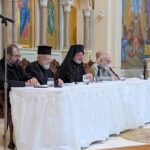
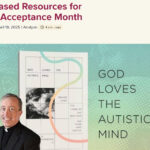

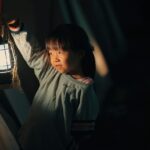
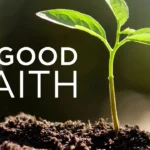
[…] https://frmatthewlc.com/2022/05/does-genetic-genealogy-eliminate-all-anonymity/ […]